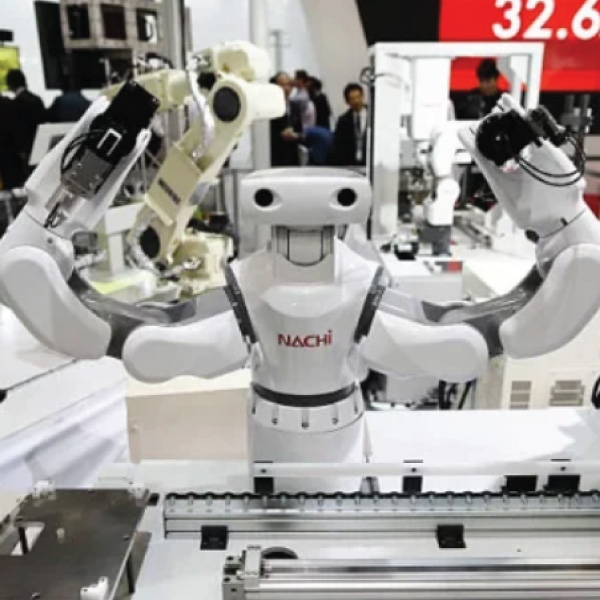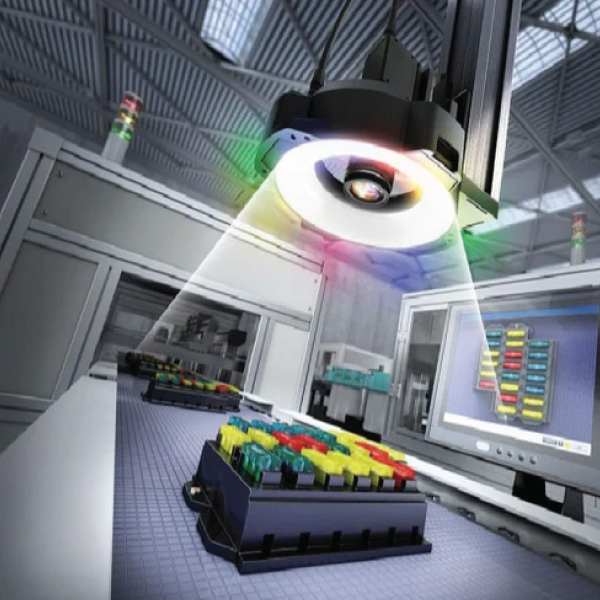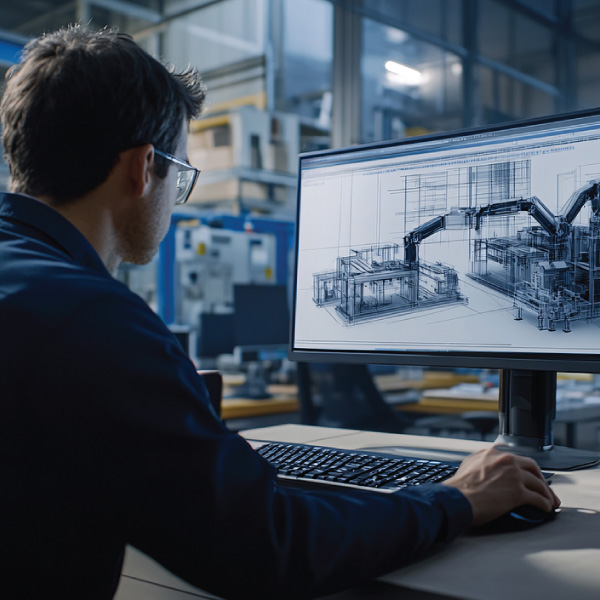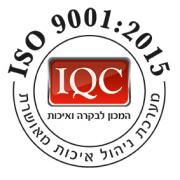Automation in the medical industry is transforming the way healthcare is delivered, enhancing efficiency, accuracy, and patient outcomes. This article explores the various automation solutions being implemented in the medical sector, provides examples of successful implementations, and discusses the advantages and future vision for this burgeoning field.



Key Areas of Automation in the Medical Industry
1. Robotic Surgery: Robotic surgery has revolutionized surgical procedures by enhancing precision, reducing recovery times, and minimizing the risk of complications. The Da Vinci Surgical System, for instance, allows surgeons to perform complex surgeries with enhanced dexterity and control.
The Mayo Clinic reported significant improvements in patient outcomes with the Da Vinci system, particularly in prostatectomies. Patients experienced shorter hospital stays and quicker recoveries, demonstrating the system’s efficacy.
2. Automated Medication Dispensing: Automated medication dispensing systems reduce human error, improve inventory management, and ensure accurate dosing. Pyxis and Omnicell are prominent examples of these systems, widely used in hospitals and pharmacies.
A study at the Cleveland Clinic showed a 50% reduction in medication errors after implementing automated dispensing cabinets, significantly improving patient safety and operational efficiency.
3. Laboratory Automation: Laboratory automation streamlines diagnostic testing, reduces turnaround times, and increases accuracy. Systems like the Roche Cobas 8000 enable high-throughput processing of blood and tissue samples.
Quest Diagnostics implemented the Roche Cobas system and reported a 30% increase in testing capacity, allowing for faster diagnosis and treatment of patients.
4. Patient Monitoring and Telehealth: Remote patient monitoring and telehealth platforms have become essential, especially in managing chronic diseases and during the COVID-19 pandemic. Devices such as the Medtronic CareLink system allow continuous monitoring of patients’ vital signs, enabling timely interventions.
The Veterans Health Administration’s telehealth program reduced hospital admissions by 25% and emergency room visits by 19%, showcasing the effectiveness of remote patient monitoring in managing chronic conditions.
Advantages of Automation in the Medical Industry
1. Enhanced Precision and Accuracy: Automation minimizes human error, leading to more accurate diagnoses and treatments.
2. Increased Efficiency: Automated systems streamline workflows, reduce waiting times, and optimize resource use.
3. Cost Savings: By improving operational efficiency and reducing errors, automation leads to significant cost savings for healthcare providers.
4. Improved Patient Outcomes: With faster diagnosis and treatment, patient outcomes are significantly improved, enhancing the overall quality of care.
5. Scalability: Automated systems can easily scale to meet the growing demands of the healthcare industry.
How industrial automation components are used in the medical sector
In addition to robotic surgery and automated dispensing systems, several cutting-edge products are being utilized in the medical field to enhance patient care and operational efficiency. Smart sensors, for instance, are crucial in patient monitoring systems, continuously tracking vital signs and alerting medical staff to any anomalies in real-time. Robotic arms, like those used in the Da Vinci Surgical System, are also employed in various minimally invasive procedures, providing surgeons with unparalleled precision and control. Air compressors and oxygen and nitrogen generators are essential in maintaining sterile environments and supporting various medical applications, such as respiratory therapy and cryopreservation. These advanced technologies collectively contribute to a more efficient, safe, and effective healthcare system, illustrating the broad scope and impact of automation in the medical industry.
Vision for the Future
The future of automation in the medical industry is promising, with advancements in artificial intelligence (AI), machine learning, and robotics poised to drive further innovation.
1. AI-Driven Diagnostics: AI algorithms will enhance diagnostic accuracy by analyzing medical images and patient data with unprecedented precision.
2. Personalized Medicine: Automation will enable the development of personalized treatment plans based on individual genetic profiles and health data.
3. Robotics in Rehabilitation: Robotic exoskeletons and rehabilitation robots will assist in patient recovery, providing tailored physical therapy and support.
4. Integrated Healthcare Systems: Seamless integration of automated systems will ensure comprehensive patient care, from diagnosis to treatment and follow-up.
For conclusion, Automation solutions are reshaping the medical industry, offering numerous benefits from increased efficiency and accuracy to improved patient outcomes. As technology continues to advance, the integration of AI, robotics, and automation will drive the medical field toward a future where healthcare is more precise, personalized, and accessible.
By embracing these innovations, healthcare providers can ensure they are well-equipped to meet the challenges of the future and continue to provide high-quality care to their patients.




